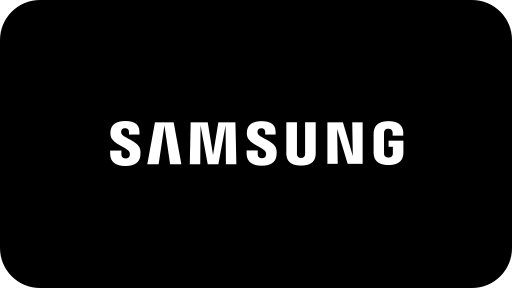 SEOUL – December 21, 2022 – Samsung Electronics Co., Ltd. today announced the development of its 16-gigabit (Gb) DDR5 DRAM built using the industry’s first 12-nanometer (nm)-class process technology, as well as the completion of product evaluation for compatibility with AMD.
SEOUL – December 21, 2022 – Samsung Electronics Co., Ltd. today announced the development of its 16-gigabit (Gb) DDR5 DRAM built using the industry’s first 12-nanometer (nm)-class process technology, as well as the completion of product evaluation for compatibility with AMD.
Leveraging the latest DDR5 standard, Samsung said its 12nm-class DRAM will help unlock speeds of up to 7.2 gigabits per second (Gbps). This translates into processing two 30 gigabyte (GB) UHD movies in one second.
The company said the technological was made possible through the use of a new high-κ material that increases cell capacitance, and proprietary design technology that improves critical circuit characteristics. Combined with advanced, multi-layer extreme ultraviolet (EUV) lithography, the new DRAM features the industry’s highest die density, which enables a 20 percent gain in wafer productivity, according to Samsung.
The new DRAM also delivers greater power efficiency, according to Samsung, consuming up to 23 percent less power than the previous DRAM.
“Our 12nm-range DRAM will be a key enabler in driving market-wide adoption of DDR5 DRAM,” said Jooyoung Lee, Executive Vice President of DRAM Product & Technology at Samsung. “With exceptional performance and power efficiency, we expect our new DRAM to serve as the foundation for more sustainable operations in areas such as next-generation computing, data centers and AI-driven systems.”
“Innovation often requires close collaboration with industry partners to push the bounds of technology,” said Joe Macri, Senior VP, Corporate Fellow and Client, Compute and Graphics CTO at AMD. “We are thrilled to once again collaborate with Samsung, particularly on introducing DDR5 memory products that are optimized and validated on ‘Zen’ platforms.”
With mass production set to begin in 2023, Samsung plans to broaden its DRAM lineup built on this 12nm-class process technology into a range of market segments, as it continues to work with industry partners to support the rapid expansion of next-generation computing.



